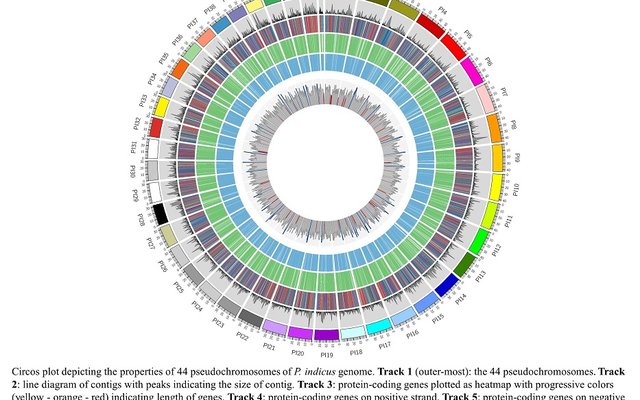Scientists of the ICAR-Central Institute of Brackishwater Aquaculture (ICAR-CIBA) in Chennai, India sequenced and assembled the whole genome of Indian white shrimp (Penaeus indicus).
The decoded shrimp genome has applications to genetic improvement programs, stock management and ecology, and evolutionary studies in species of commercial significance. To reduce the dependency on exotic species, the Indian native shrimp, P. indicus, which has tolerance to a wide range of salinity and wide geographical distribution, can be developed as a potential species of culture for India.
“The future genetic improvement programs with a focus on P. indicus would benefit aquaculture with increased productivity and sustainability across Asia and the other geographical locations where this shrimp species is predominantly found. The whole-genome sequence of shrimp is an invaluable genomic resource to aquaculture science researchers and shrimp breeders and would serve as a reference genome for future genetic improvement programs for developing shrimp with desired economically important traits,” researchers said.
The team involved in shrimp genome assembly included Dr. M.S. Shekhar, Dr. Vinaya Kumar Katneni, Dr. Ashok Kumar Jangam and Dr. K.K. Vijayan. The shrimp genome sequencing project was financially supported by the ICAR-Consortium Research Platform on Genomics and coordinated by Dr. Joy Krushna Jena, Deputy Director General (Fisheries Science), ICAR.













